Big businesses may find themselves on the receiving end of higher tax demands, StrategicRISK’s editor-in-chief Mike Jones says
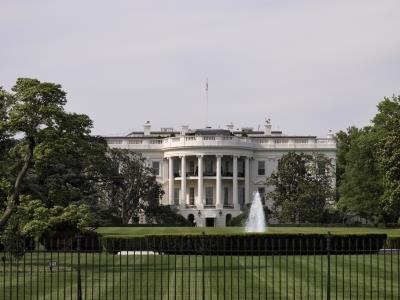
Billionaire businessman and reality television star Donald J Trump has been living the American dream for most of his life. But could his greatest achievement herald a nightmare political scenario?
That is certainly the fear of many should the Trump bandwagon drive him straight into the White House as the 45th President of the United States.
Trump’s campaign began almost as a joke, or more accurately, as the result of being the butt of a series of gags from President Barack Obama at the White House Correspondents’ Association Dinner in 2011.
Stung by being mocked so publicly, Trump sought revenge by trying to become a political figure to be taken seriously. He lavished millions of dollars on a willing Republican Party and they indulged him but in doing so failed to recognise that beneath the almost cartoon bluster lay a calculated determination.
When it was rumoured Trump was considering running for President, he was treated like a novelty act: a sideshow who would liven up what is often a dull and protracted process and breathe a little early life into the party Presidential nomination marathon. He was never expected to become the nominee.
What few saw coming was how much Trump’s policy ideas would strike a chord with sections of US society.
Like it or not, in Trump millions of ordinary Americans have found someone who appears to talk about politics in language they not only understand but which also carries a message that resonates.
It has been suggested that having last year succeeded in getting his name among the Republican nomination contenders, Trump’s ambition to be taken seriously was achieved and he might have been looking for a way out. The trouble was he had become too popular. Making incendiary comments did not get him kicked out of the race – they made him more popular.
What began as a publicity stunt became a more substantial and focused proposition. His campaign is bankrolled by an enormous personal fortune which means he can take on all comers while simultaneously sticking his finger up at the establishment.
With his last Republican nomination rivals dropping out of the race in May, Trump is now the only candidate left in the race. Party grandees cannot accept it but the only choice for the next US President is now between Trump and Hilary Clinton, despite the continued perseverance of Bernie Sanders.
So how likely is a Trump win in November and what might it mean from a risk perspective?
Trump has been written off so many times in this campaign but his popularity has not diminished.
He has tapped into a mistrust of mainstream politicians and political elites that is being seen not only in the US but all around the world.
In the wake of the global financial crisis, voters are fed up with career politicians they cannot relate to making decisions about their lives. And, while Trump’s gilded lifestyle may be a million miles from those of many frustrated Americans, they feel he recognises their woes and speaks for them.
America’s metropolitan classes continue to prosper as they have always done yet large parts of the US have changed beyond recognition in the last 30 years, particularly in its industrial heartlands. Detroit, once the proud thriving hub of the US motor industry and home of Motown music is now a bankrupt ghost town and it is far from alone.
Trump’s campaign has been cleverly aimed at those millions of Americans who feel disenfranchised and let down by “real politics” and “the system”. The louder the Trump drum beats, the more they support him.
Like other populist leaders before him, Trump has also given them a target to focus blame for almost everything – immigrants. Helpfully he has ignored the fact two of his three wives were born outside the US and that the majority of US citizens (including him) can trace their recent heritage beyond US borders.
Few of his statements about immigrants stand up to real scrutiny but this scarcely matters.
There is no small amount of irony to the fact that instead of having a candidate who embraces the changing demographic nature of the country, the Republicans have ended up with a reactionary who wants to build a “great, great wall” along the Mexico border.
Trump’s campaign has lashed out in many different directions on a host of political issues from abortion (punish doctors) to banning all Muslims from entering the US (“until our country’s representatives can figure out what is going on”).
His love-in with blue collar America is evidenced by his plan that no-one earning less than $25,000 per annum should pay income tax – a guaranteed vote winner. Presumably any revenue shortfall will be covered by penalising hedge-funders who are “getting away with murder” by not paying enough taxes. In fairness, he might not have too many critics for that particular policy.
Big business may also find itself on the receiving end of higher tax demands – although as a super wealthy entrepreneur Trump might be less inclined to punish US companies but foreign firms may not get lenient treatment. Tariffs and trade restrictions may well be introduced.
Indeed a Trump administration is likely to be very US focused and introspective both economically and politically, at least initially.
That does not mean he will ignore what is happening outside of the US and this is where the real risks could lie.
Trump has told Japan and South Korea to increase their nuclear capability to deter North Korea. He is less than happy with China about currency devaluation, hacking and its laws on labour and the environment – slightly ironic when Trump has also gone on record as suggesting climate change is “weather”.
Given some of his views, it is hard to imagine President Trump attending meetings or conferences in the Arab world as his predecessors have done, although this does not mean it would not happen.
Trump does admire one superpower leader – Vladimir Putin, so perhaps relations with Russia might improve, or Putin could be emboldened to take another aggressive foreign policy approach as it did with Ukraine, knowing the US would allow it.
When assessing the Trump risks, it is important to remember that so much of what he says on the campaign trial is deliberate and calculated hyperbole aimed at securing votes. All politicians do this to get noticed and get elected – although few have been as outrageously bombastic – and most become more realistic when they get power.
As such we cannot yet distinguish between hype and policy but Trump is unlikely to be quite as extreme as feared because if nothing else he will be reined in and restricted by the complicated US legislation process which has hampered so much of what Obama has tried to achieve.
Problems could arise though when Trump goes “off message”, ignores the carefully-crafted speech written on his behalf and causes a major diplomatic crisis. Given his record so far, that is easily foreseen.
Can he beat Clinton? Trump has defied the odds so far and will fight to the end. Win or lose what Trump has achieved so far is remarkable – he has reignited interest in politics among ordinary people and made them feel connected again. This is a legacy which needs to continue.
More young people vote in reality shows than political elections. Whether this particular reality star gets enough of them to turn out for him in November remains to be seen.
If Donald Trump does get elected then both US political parties have only themselves to blame for their collective ignorance of the people they are meant to represent and their arrogance towards them.






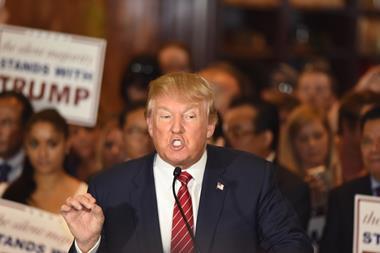




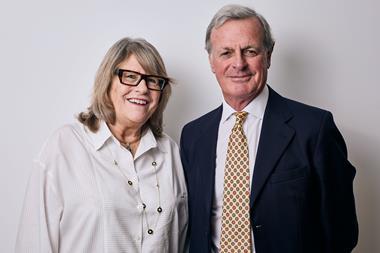
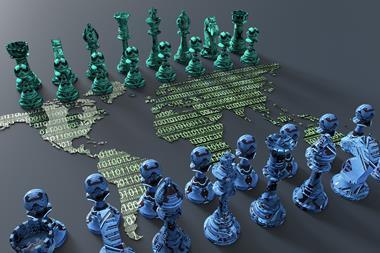



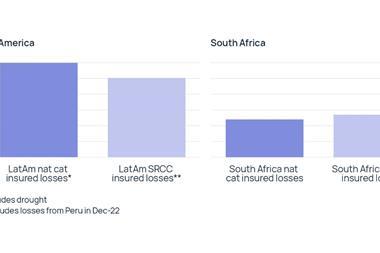



No comments yet